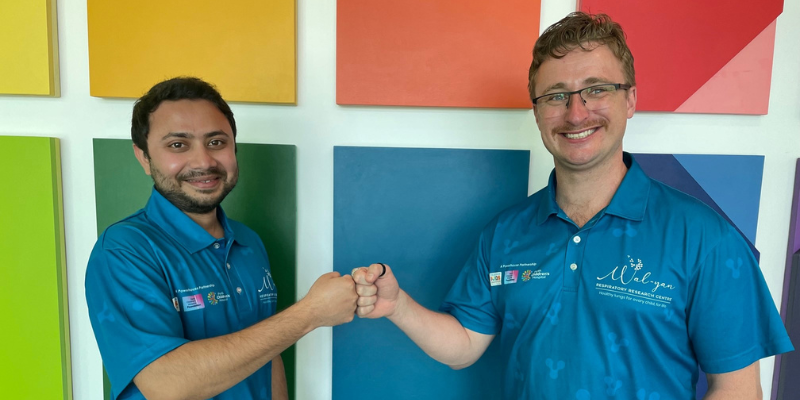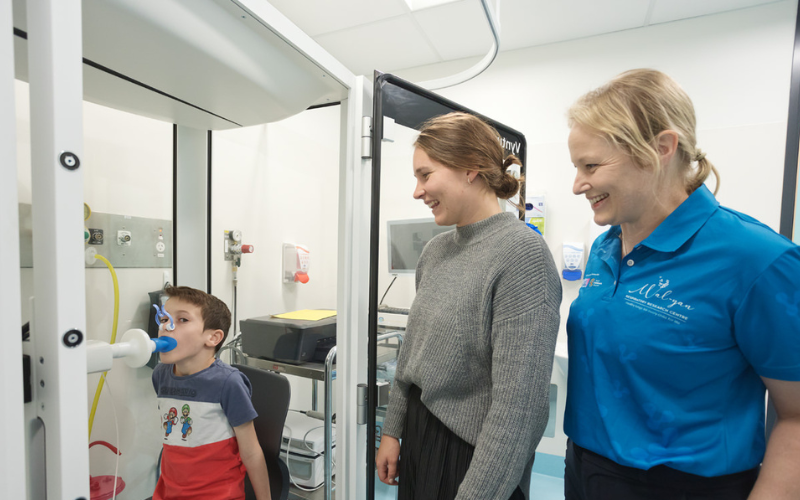Search
Showing results for "early lung health"
To assess whether lung volume and ventilation inhomogeneity in preterm infants at 15-18 months corrected age

As part of the Wal-yan Respiratory Research Centre’s aim to support the next generation of scientists in children’s respiratory research, a competitive scholarship program was introduced this year.

A new study has found a common asthma drug is effective for some very premature babies who go on to suffer from lung complications.
We hypothesized that the presence of these markers of cystic fibrosis lung disease in the first 2 years of life would be associated with reduced lung...
The Early Moves study is investigating whether a baby’s early movements can predict learning difficulties later in childhood.
It is essential to embed patient and public perspectives into every stage of the research journey, including setting the future research agenda. The substantial gaps in our understanding of prematurity-associated lung disease presented a timely opportunity to determine the community's research priorities.

Almost one in five children across four remote Kimberley communities has some form of chronic lung disease, according to a new study co-designed and conducted in partnership with Aboriginal communities.
This study shows, for the first time, that exposure to e-cigarette aerosol during adolescence and early adulthood is not harmless to the lungs and can result in significant impairments in lung function.

Valuable support from the Raine Medical Research Foundation’s 2025 grant round will power four new research projects at The Kids Research Institute Australia.

A new program that uses cutting edge stem cell techniques to repair lung damage in children will be established at The Kids Research Institute Australia with support from the Telethon-Perth Children’s Hospital Research Fund (TPCHRF).
